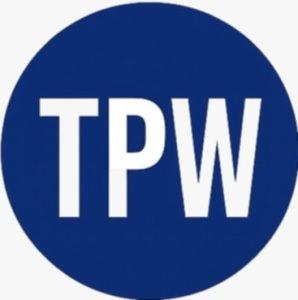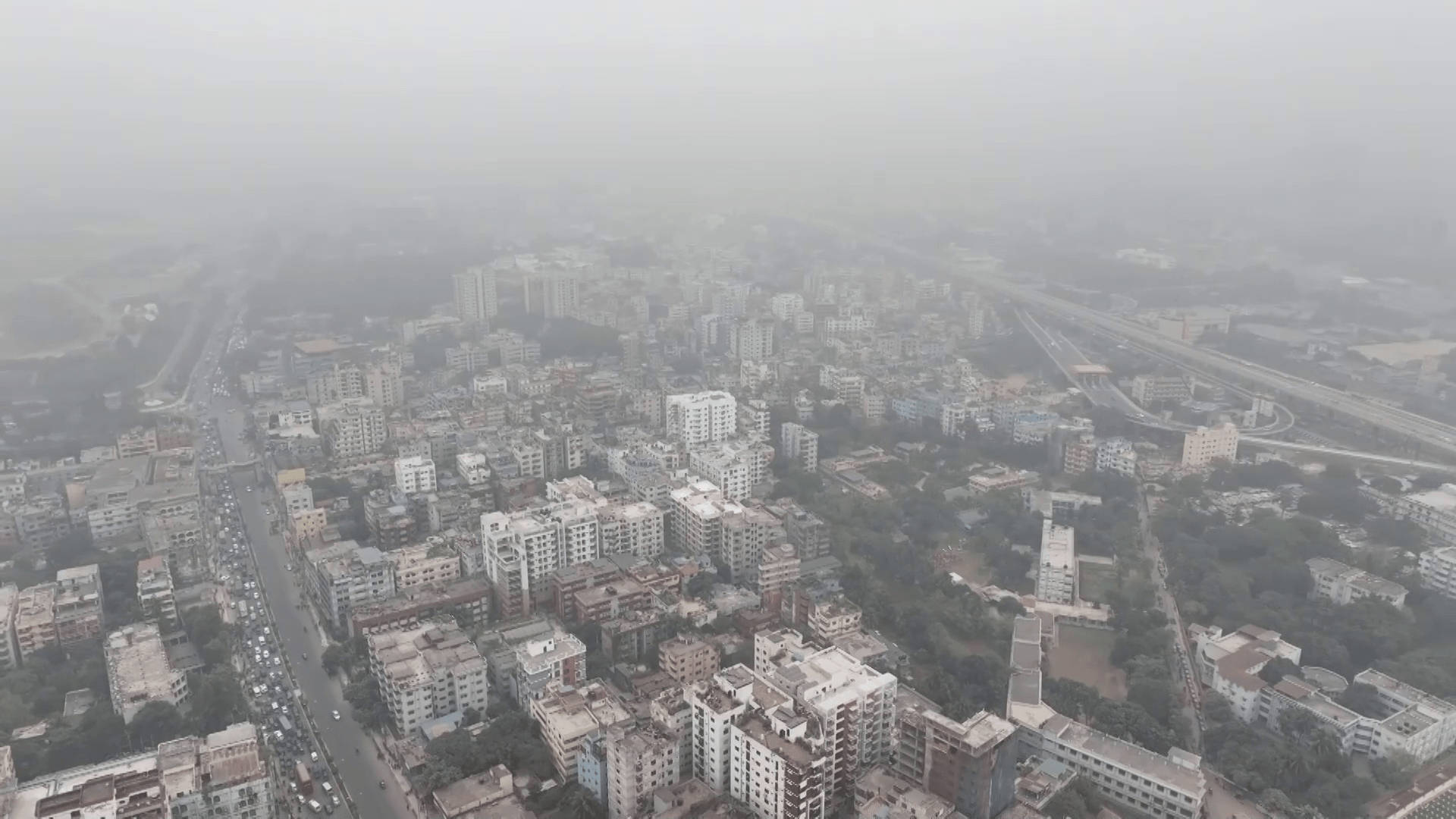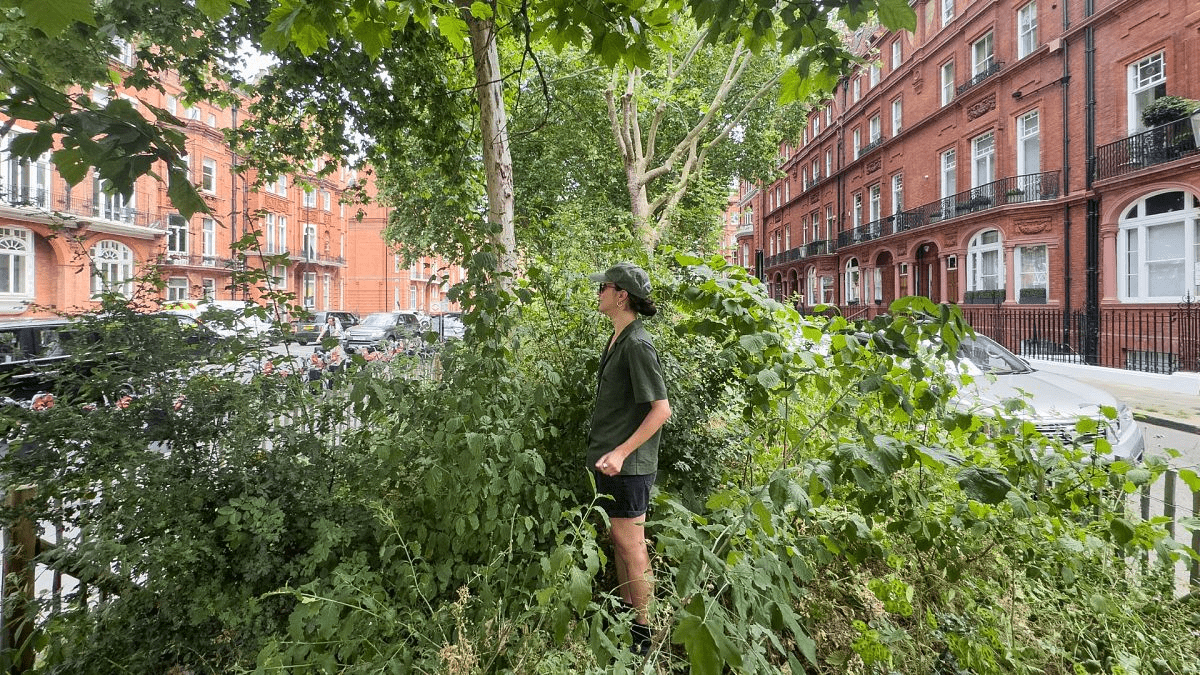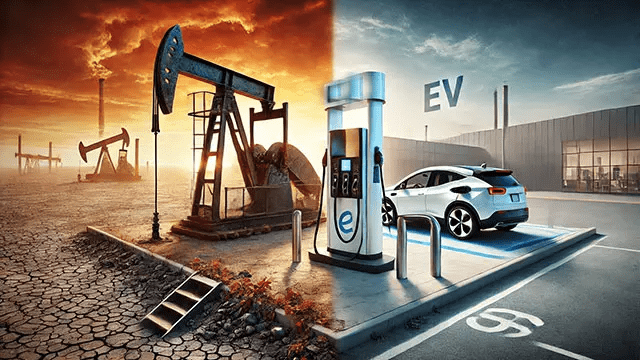Holiday streets, toxic sky: residents ask if it’s safe to breathe outside
On many Fridays in Dhaka, offices stay closed but the air still feels like a work hazard. Residents wake up to a grey, smoky sky and phone alerts showing the city ranked among the most polluted in the world. Eyes burn, throats itch, and a short walk to the mosque, a park or the bazaar can leave people coughing. For families hoping to spend the weekly holiday outdoors, the simple act of breathing becomes a calculated risk.
Urban planners and environmental watchers say this pattern is no accident. After the monsoon ends, dust begins to rise from construction sites, broken footpaths and unpaved alleys. Trucks loaded with sand, bricks and cement rumble through city entry points, while roadside waste is often burned in open air. Old buses and minibuses, their engines long past prime, add thick black smoke to the mix. Together, these sources create a permanent haze that does not disappear just because traffic thins out on a weekend.
Health experts warn that this “very unhealthy” air is more than just an annoyance. Fine particles from dust and smoke travel deep into the lungs and even into the bloodstream. In the short term, they can trigger asthma attacks, allergies and chest infections. Over the long term, they raise the risk of heart disease, stroke and chronic breathing problems. Children, elderly people and those with existing health conditions suffer most; for them, a smoggy morning can mean a week of wheezing and medicine.
Many residents are quietly changing how they live. Office-goers keep masks in bags and put them on almost automatically when the air smells of smoke. Parents check air quality apps before letting children play football outside or cycle around the neighbourhood. Some families try to keep windows closed during peak traffic hours, relying on fans instead of cross-ventilation. Yet people living beside highways, under flyovers or near brick kilns often have no real choice; their homes are surrounded by exhaust and dust from dawn to night.

The gap between individual efforts and institutional responsibility remains stark. Citizens are urged to plant trees, wear masks and avoid burning rubbish—useful steps, but not enough. Without strict control of construction dust, better management of waste and regular checks on unfit vehicles, experts say air pollution will continue at dangerous levels. Sporadic clean-up drives and short-lived enforcement campaigns do little to solve a problem that is present every single day.
Beyond health, the economic damage is also serious. When workers fall sick more often, factories and offices lose productive hours. Families spend more on medicine and doctor visits. Tourists looking for a pleasant winter destination may choose other cities. Even students lose out when headaches, coughs and sore throats make it hard to focus on lessons or exams. For people whose jobs keep them outdoors—such as rickshaw-pullers, traffic police and street vendors—every polluted day is a shift spent inhaling invisible poison.
Still, there are ways to reduce risk while pushing for bigger change. Doctors advise checking air quality before heavy outdoor activities, using masks during rush hour, ventilating homes during cleaner hours of the day and keeping indoor spaces smoke-free. Citizens can support local campaigns for better public transport, cleaner fuel and dust control at construction sites. Until stronger, long-term action materialises, Dhaka residents will continue to ask the same uneasy question: how much of our holiday can we truly enjoy if our lungs never get a break?

 TPW DESK
TPW DESK 








